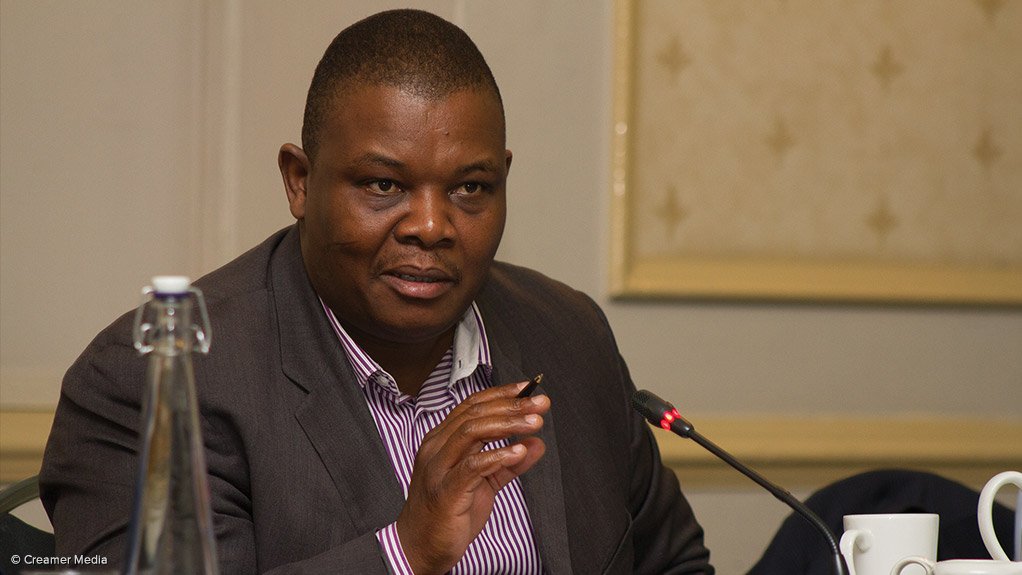GAUTENG’s overall budget has been increased by R2.4-billion, up from the R152.9-billion tabled on March 9 to R155.3-billion, Gauteng Finance MEC Jacob Mamabolo revealed on November 24.
“The Adjustments Budget is about making permissible amendments, which includes unforeseeable and unavoidable expenditure in the budget of the current financial year.
“Put differently, the budget adjustment gives us an opportunity to already be planting the seed for the medium- and long-term funding of the five elevated priorities,” the MEC said during the presentation of Gauteng’s 2022 Medium-Term Budget Policy Statement.
The five elevated priorities he referred to are economic recovery and reconstruction; strengthening the battle against crime, corruption, vandalism and overcoming lawlessness; changing the living conditions in townships, informal settlements and hostels; prioritising the health and wellness of people; and strengthening the capacity of the State.
Mamabolo said the adjusted budget was in response to unforeseen and unavoidable circumstances, as well as realignment of departmental mandates in line with these five priorities.
He said R1.5-billion of the adjusted budget would be distributed among Gauteng Provincial Government (GPG) departments.
The Department of Economic Development will receive R60-million, of which R40-million will be used to fund the costs of diesel to alleviate the existing electricity supply challenges that are affecting the operations of tenants at the Tshwane Automotive Special Economic Zone (TASEZ).
Mamabolo said this was an interim measure while the City of Tshwane addressed the bulk electricity infrastructure at the TASEZ.
Meanwhile, the remaining R20-million was being allocated to the completion of the top structure at the Jewellery Manufacturing Precinct of the OR Tambo International Airport Special Economic Zone.
Further, the health department would receive R1-billion to offset pressure from the compensation of employees arising from the public sector wage settlement agreement, while R2-million was allocated to undertake all needs assessments and scoping of works at each facility in preparation for addressing alternative water and energy supply.
The education department was allocated an additional R85-million to supplement infrastructure funding that would realistically be spent by the end of the financial year.
Mamabolo further said that R100-million had been allocated towards the completion of incomplete infrastructure projects within the Department of Human Settlements. He said some of this would be invested in building more Reconstruction and Development Programme (RDP) houses, which he said cost about R116 000 each.
Mamabolo said that, while the R100-million could buy more than 800 RDP houses, some of that funding would go towards the establishment of bulk infrastructure to service RDP housing projects.
The Community Safety Department will receive an additional R173-million to help it respond better to crime, corruption, vandalism and lawlessness in the province.
Mamabolo said these funds would go towards the recruitment and training of peace wardens, tools of trade, the procurement of ten drones, 50 vehicles and 500 000 panic buttons.
The Agriculture and Rural Development department would receive R39-million towards offsetting the shortfall in the compensation of employees budget, which was exacerbated by the public sector wage settlement.
Finally, the Infrastructure Development Department will receive an additional R43-million to offset pressures in the budget for goods and services, specifically towards legal costs where the department is a defendant in its capacity as implementing agent for GPG infrastructure delivery.
Engineering News

